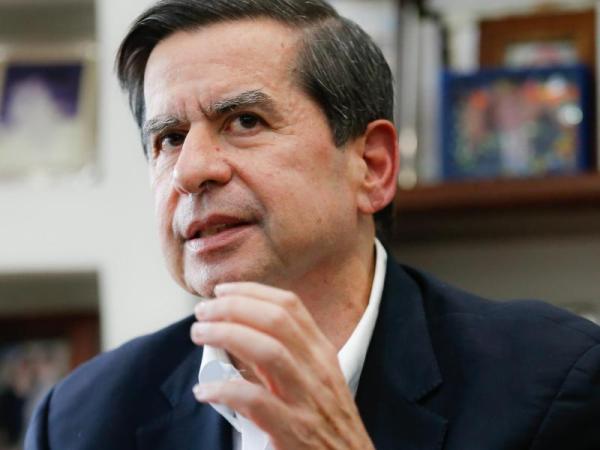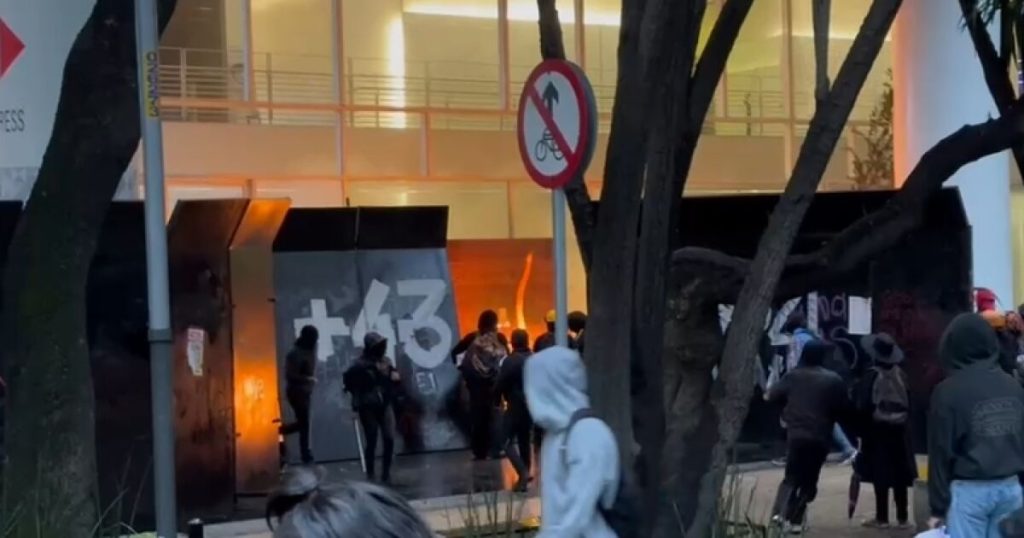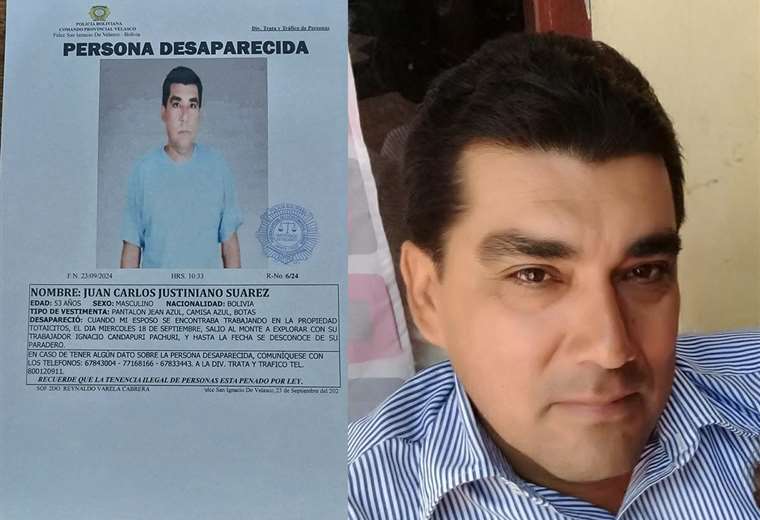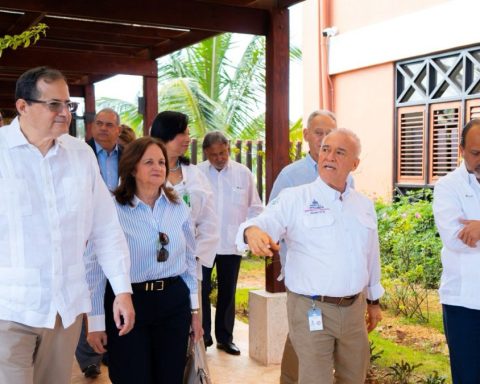The Minister of the Interior, Juan Fernando Cristo, pointed out that next week the axes of the National Agreement. A proposal that the Petro government has been promoting with a view to facilitating the passage of its reform agenda.
Within the framework of the XIX Conversation of the Constitutional Jurisdiction, which takes place in Manizales, the official highlighted that It is essential that institutional dialogue be resumed so that consensus can be reached.
“These axes will simply be a proposal from the National Government to all these sectors so that it is enriched by all, so that we seek and advance in a dialogue that allows us to consolidate an agreement”explained Cristo, who also highlighted that among the fundamental elements that this agreement will have include the fight against “the violent ones” and the defense of Colombian democracy.
“It is an agreement that seeks to guarantee that the values of society and Colombian democracy continue to be fulfilled in terms of institutional stability, respect for the rules of the game and rejection of violent people who persist in harming society.”he added.
(Read more: Labor reform entered the final stretch in the Chamber amid alerts about its effects)
Gustavo Petro.
THE TIME
(See: Senator Iván Cepeda denounces former President Duque for alleged purchase of Pegasus)
The Petro administration’s proposal to reach a ‘National Agreement’ has been developed on two fronts: with the private sector, and with political parties.
On the business side, some progress has been made, for example, a few weeks ago the Government reached an agreement with the banks regarding the forced investment initiative. On the political side, the pace has been different.
In that sense, although Christ promoted dialogues with political parties, the work has been hindered by the frequent clashes of President Gustavo Petro with various sectors and for his insistence on the narrative of the supposed ‘soft coup’.
(See: The ways the Budget would have to be reviewed before the fiscal dictatorship)
PORTFOLIO
*With information from EL TIEMPO – Politics

















